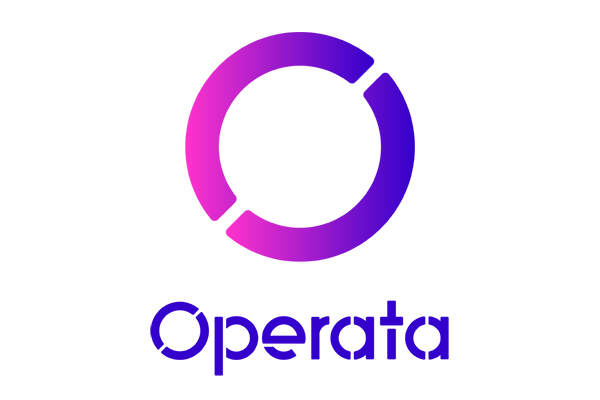As CX leaders struggle to prove their contribution to the bottom line, they’re looking to AI and outsourcing to increase return on investment.
A survey given late last year by SupportNinja found 61% of companies increased their outsourcing budgets for 2025, while 87% were implementing or planning to use AI in their CX strategies. The convergence of these two cost-cutting tactics have implications for the contact center.
Companies that connect agents with CX departments note that businesses are pursuing a blended approach to AI and humans, rather than choosing between them. In some cases, this has led companies in North America all the way to Africa.
Africa “offers a new talent pool that works well alongside automation,” said Pranav Dalal, CEO and founder of remote-staffing provider Office Beacon. In some cases, he continued, outsourcing to Africa can also be more affordable than Asia.
U.S. customers are likely more familiar with Asia-based agents, as that location is the dominant choice for outsourcing. The business process outsourcing sector, of which international call center agents are part, was valued at nearly $50 billion in India last year and generates nearly $30 billion a year in the Philippines.
That dominance in Asia is not likely to change, Dalal said.
Hemant Sehgal, COO of CX tech platform and gig-based customer service company Arise, agreed. He highlighted how some of the world’s largest companies have recently made sizable investments in data centers and capability hubs in Asia. His own company invested in a “Global Capability Center” in India and the Philippines to support AI and other large language model processes.
“The cost-effective prequalified tech talent in Asia is a big attraction,” Sehgal said.
But, he added, he’s seeing companies in the retail and travel sectors looking into South Africa to outsource their first tier of customer support. The healthcare industry is also testing Africa-based outsourcing for medical assistant work, though that’s not yet at scale. Dalal said some insurance and legal companies also have contact centers in South Africa.
Interest in the African market is such that the sector, which combines BPO with outsourcing services for information technology, is projected to reach $35 billion by 2028, according to global consultancy Caribou and Genesis Analytics.
Research by Caribou and Genesis Analytics shows that, while the shift is somewhat cost-driven, businesses are motivated to look toward Africa for several reasons. Its language compatibility — 23 countries on the continent list English as an official language — favorable timezones, and companies’ desire to diversify are propelling the trend.
But perhaps most attractive is its untapped labor market, which largely comprises young people with an affinity for technology.
AI, outsourcing and the future
According to Caribou, 72% of CX outsourcing employees in Africa are youth. Many are using tools such as ChatGPT, Microsoft Copilot and in-house chatbots to assist in their daily work. They’re also aware of how AI could change the contact center in the future.
“The first tier of customer support should eventually completely be automated,” Norah, a customer service agent in Uganda, said in the Caribou survey. “It’s the second tier where you find that you’re speaking to humans because a lot of the stuff that I’m doing now, if it was fully automated, I think I could then move on to tier two support where we could get paid more.”
Sehgal said the fresh talent pipeline is a priority for most of his clients. A digitally skilled talent pool, he added, is also better positioned for gig-based employment than the traditional markets. This is beneficial for CX teams that want to scale quickly and cost effectively.
“Africa's young and tech-savvy workforce makes it ideally suited for this approach, bringing agility and innovation,” Sehgal said.
The growth in Africa-based outsourcing comes with a caveat, though. Though governmental bodies in Africa are investing in skills development to service the BPO demand, Sehgal and Dalal mentioned gaps in infrastructure are risks of international outsourcing in any region. Sehgal also mentioned the availability of mid-level management could hamper growth, as leadership support is a necessity. But for many businesses, the benefits of an untapped labor pool with technological skills will outweigh the risks.
After all, call center agents who know how to use technology are becoming more paramount as AI matures. A recent survey by Cisco showed agentic AI is projected to handle more than two-thirds of all customer service interactions with technology vendors by 2028. But almost 90% of respondents said agentic AI needs to be combined with human empathy and connection to provide an optimized customer experience, while three-quarters said current technology is not advanced enough to deliver that.
"AI will take on more routine tasks, but human interaction remains critical for more complex or sensitive customer needs,” Dalal said. “Africa is well suited to provide that human touch.”
Clarification: This article has been updated to indicate Arise is a gig-based customer service company.





















